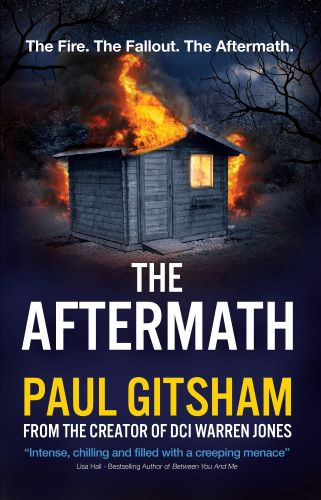Stop Shouting!
Ditch The !

I’m not going to lie; reading back through them can be a painful and embarrassing experience. They tend to start with a germ of an idea, an enthusiastically drawn cover, absolutely no planning and eventually peter out before the end. This pretty much described my writing process until my mid-thirties (although I stopped illustrating my own covers).
Most noticeable though, is the childish writing style.
These stories were invariably action-packed, with car chases, gunfights, and in one Willard Price-inspired attempt, a shark attack. The reader (only ever me, alas) knew they were action scenes because the exclamation marks told them they were.
So many exclamation marks…
These days, it is common for writers to shun this loud and brash punctuation mark. It is a badge of honour to have no exclamation marks within a manuscript at all. The reasoning is that if you need to tell your reader a scene is dramatic or frightening or exciting, then you haven’t written it in a dramatic, frightening or exciting way.
Unlike a lot of these so called ‘rules of writing’, it’s one that I largely agree with, with one caveat. They are perfectly acceptable – even necessary – in dialogue.
I just counted the number of exclamation marks in my latest completed manuscript. I was surprised to see that I have used 28 in total. However, closer analysis reveals that with the exception of one, all of them occur in dialogue or a character’s thoughts. I’m afraid “F*ck off!” just doesn’t work as well on the page without the exclamation mark.
So, when you’ve finished writing a tense action scene, or an argument, use ctrl-F to search for exclamation marks, and ask yourself if you really need them. Can you rewrite that scene with stronger and more dramatic language?
Suddenly – the exclamation mark’s less showy second cousin.
Another over-used convention is the word “suddenly” or “sudden”. I tend to be less strict with this – the word has other uses beyond telling the reader they should be surprised. But again, searching your manuscript for uses of the word and deciding whether or not it can be omitted or replaced is a good exercise. I initially identified 42 uses. I typically left it in dialogue, as it reflects the way the characters speak, but I cut thirteen instances within the main prose, and I feel that the result is an improvement.
What do you think about exclamation marks, and the words “suddenly” or “sudden”? Are there better ways to tell a reader that a scene is dramatic, or something unexpected has happened? I look forward to your views in the comments or on social media.
Until next time!
Paul.



















